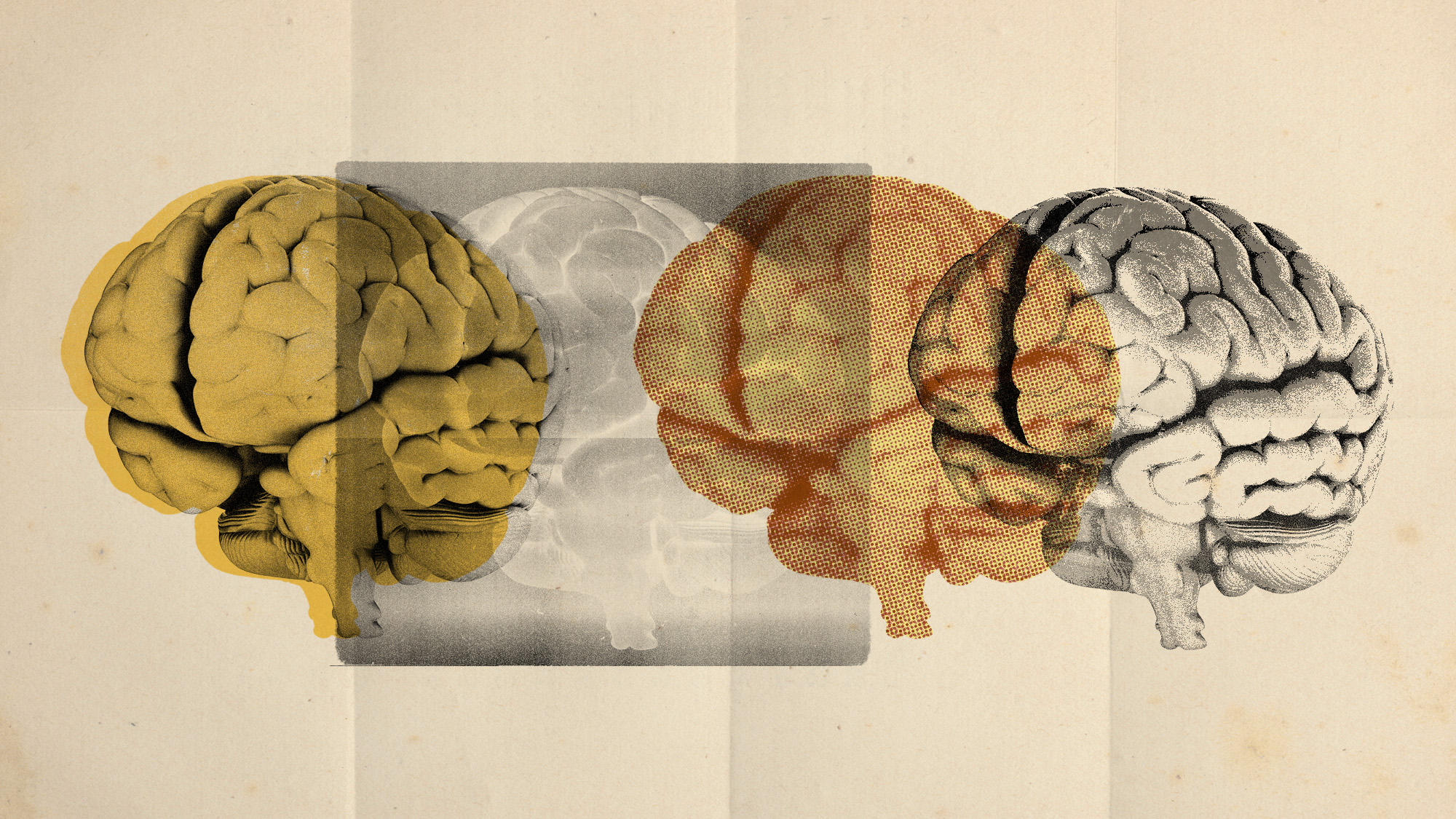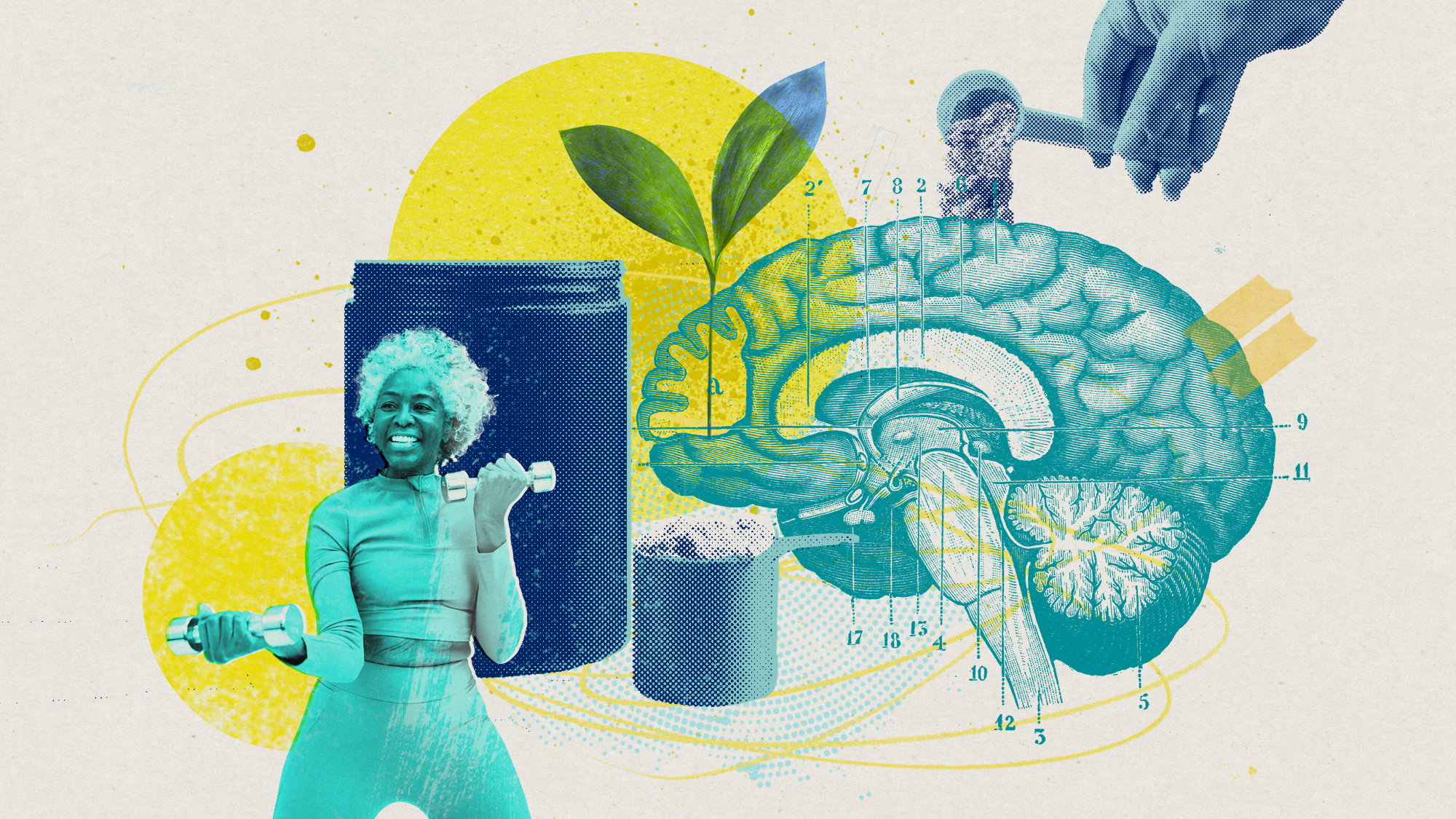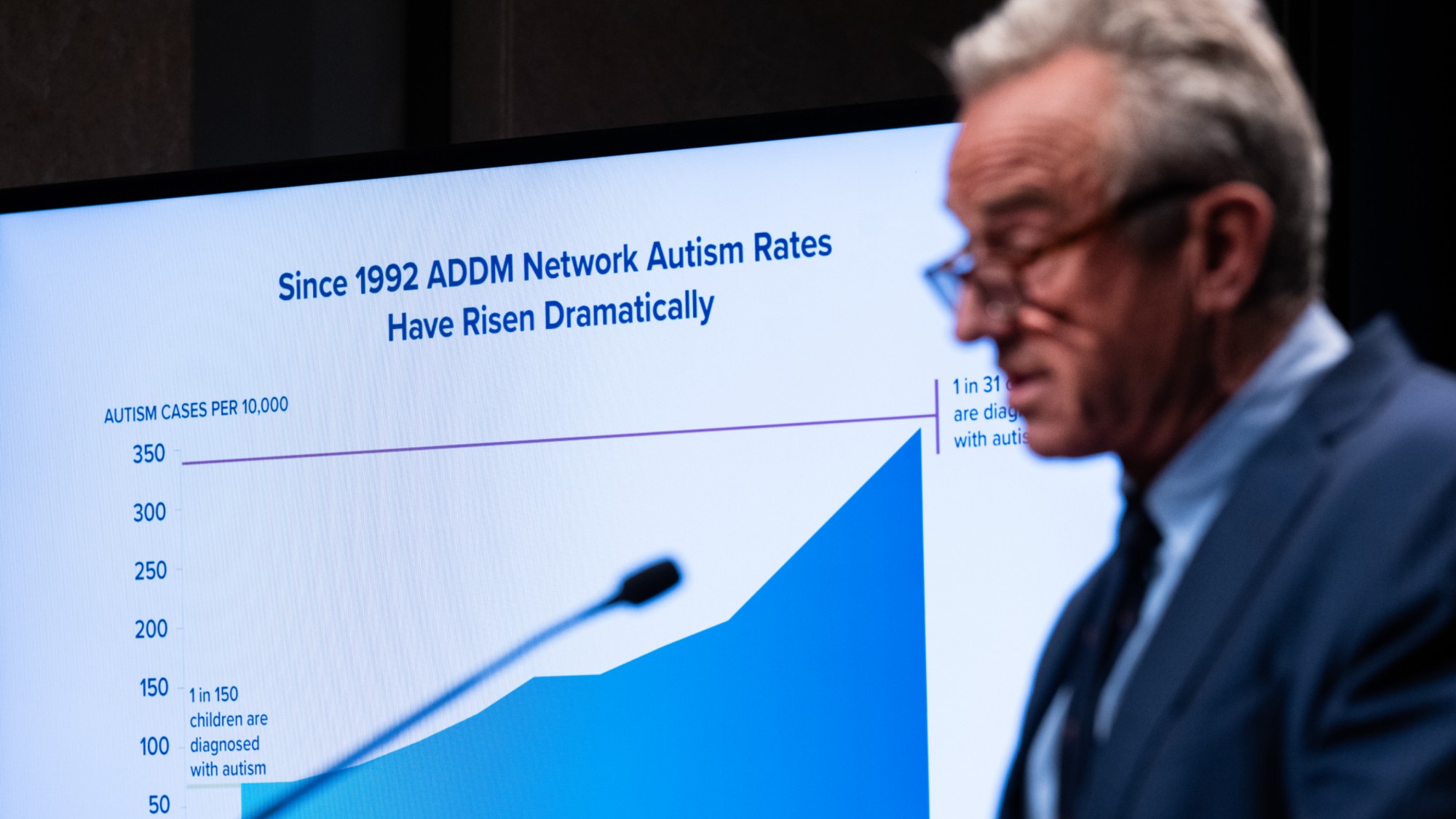How to tell if a child has depression
Government announces plans for dedicated mental health teams in schools across the country

A free daily email with the biggest news stories of the day – and the best features from TheWeek.com
You are now subscribed
Your newsletter sign-up was successful
All state schools in the UK will receive a dedicated mental health team as part of a £2bn funding boost due to be announced in today’s Budget.
Chancellor Philip Hammond will unveil funding plans for the specialist units, which will be overseen by NHS professionals and help support children suffering from mental health issues.
The plan, which will be implemented over a five-year period, will help tackle the epidemic of depression, eating disorders and self-harm among young people, The Times reports.
The Week
Escape your echo chamber. Get the facts behind the news, plus analysis from multiple perspectives.

Sign up for The Week's Free Newsletters
From our morning news briefing to a weekly Good News Newsletter, get the best of The Week delivered directly to your inbox.
From our morning news briefing to a weekly Good News Newsletter, get the best of The Week delivered directly to your inbox.
“Charities welcomed the move but policy experts said that it offered only half the money needed to ensure that mental health was no longer treated as the ‘Cinderella service’ of the NHS,” the paper adds.
According to the Mental Health Foundation, 20% of adolescents experience a mental health problem in any given year, with half of all mental health problems established by the age of 14.
It also warns that 70% of children and adolescents who experience mental health problems have not had appropriate interventions at a sufficiently early age.
With rates of depression rising among children and adolescents, here are some of the signs to look out for:
A free daily email with the biggest news stories of the day – and the best features from TheWeek.com
What is depression?
Depression - known as major depressive disorder, to distinguish it from the mood depression - is a common, highly preventable and treatable illness that affects millions of people across the world. Yet, according to the Journal of the American Medical Association, only 28% of sufferers seek help.
The mechanisms of the illness are severe and wide-ranging, centering on a persistently low mood, often associated with extreme despondency and apathy. Depression can last for weeks, months, years - or indefinitely.
Loss of appetite, sleeping problems, difficulty concentrating, loss of self-confidence and feelings of guilt and hopelessness are common symptoms, and if they interfere with a person's day-to-day life, it is possible they are suffering from depression.
How to spot depression in a child
Young people suffering from depression will likely be hard to motivate and difficult to engage with, writes MumsNet. Furthermore, they may suffer from a visibly low mood and may become irritable easily, expressing anger in outbursts, whch in turn can lead to misery and/or guilt.
Youths often find it difficult to fully express their feelings, particularly to their parents. As a result, the warning signs may be harder to spot in children. Vigilance is necessary to gauge whether a child needs professional help or not.
Kids Matter, an Australian youth mental health charity, compiled a list of symptoms and how they may present themselves to a parent. For example, if a child has “problems going to sleep or staying asleep, waking early, or sleeping a lot”, there is a chance that they are suffering from the classic sleep problems of depression. Another symptom of depression is “impaired thinking processes”, which may present itself in a child as a propensity to “draw the wrong conclusions”, or to “expect the worst”.
Parents.com says more youth-specific symptoms may show up in a child with depression, such “changes in grades, getting into trouble at school, or refusing to go to school”, as well as “efforts to run away from home”. Crying and whinging may also be common.
What to do next
It can be a difficult subject to tackle, but if you feel your child may be suffering from depression, Kids Matter's advice is to be patient at first. The charity warns it is “easy for adults to feel annoyed by them and to blame or punish the child for his or her behaviour”.
It is important not to force children into revealing their true feelings. Parents should instead let children know that it is okay to ask for help and that parents are ready to listen.
Techniques for tackling depression at home include a focus on routine, including establishing healthy eating and sleeping habits, and also encouraging exercise.
If the child continues to show symptoms after a few weeks, or wishes to speak to a professional, then it is time to ask for further help from a GP or hospital, which may include medication or talking therapies, such as cognitive behavioural therapy (CBT).
Medication may include anti-depressants, which have an array of side-effects that vary from patient to patient, so it is important to keep a close eye on any changes in your child's behaviour.
-
 Local elections 2026: where are they and who is expected to win?
Local elections 2026: where are they and who is expected to win?The Explainer Labour is braced for heavy losses and U-turn on postponing some council elections hasn’t helped the party’s prospects
-
 6 of the world’s most accessible destinations
6 of the world’s most accessible destinationsThe Week Recommends Experience all of Berlin, Singapore and Sydney
-
 How the FCC’s ‘equal time’ rule works
How the FCC’s ‘equal time’ rule worksIn the Spotlight The law is at the heart of the Colbert-CBS conflict
-
 ‘Longevity fixation syndrome’: the allure of eternal youth
‘Longevity fixation syndrome’: the allure of eternal youthIn The Spotlight Obsession with beating biological clock identified as damaging new addiction
-
 RFK Jr. sets his sights on linking antidepressants to mass violence
RFK Jr. sets his sights on linking antidepressants to mass violenceThe Explainer The health secretary’s crusade to Make America Healthy Again has vital mental health medications on the agenda
-
 The app tackling porn addiction
The app tackling porn addictionUnder the Radar Blending behavioural science with cutting-edge technology, Quittr is part of a growing abstinence movement among men focused on self-improvement
-
 Scientists have identified 4 distinct autism subtypes
Scientists have identified 4 distinct autism subtypesUnder the radar They could lead to more accurate diagnosis and care
-
 'Poo pills' and the war on superbugs
'Poo pills' and the war on superbugsThe Explainer Antimicrobial resistance is causing millions of deaths. Could a faeces-filled pill change all that?
-
 'Wonder drug': the potential health benefits of creatine
'Wonder drug': the potential health benefits of creatineThe Explainer Popular fitness supplement shows promise in easing symptoms of everything from depression to menopause and could even help prevent Alzheimer's
-
 Fly like a breeze with these 5 tips to help cope with air travel anxiety
Fly like a breeze with these 5 tips to help cope with air travel anxietyThe Week Recommends You can soothe your nervousness about flying before boarding the plane
-
 RFK Jr.'s focus on autism draws the ire of researchers
RFK Jr.'s focus on autism draws the ire of researchersIn the Spotlight Many of Kennedy's assertions have been condemned by experts and advocates